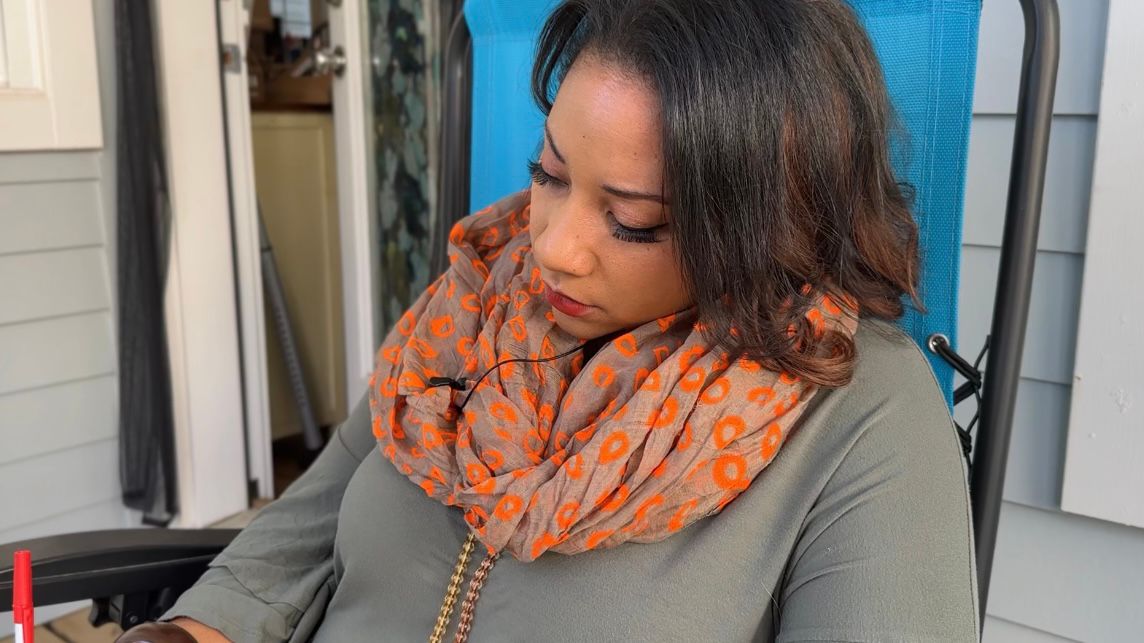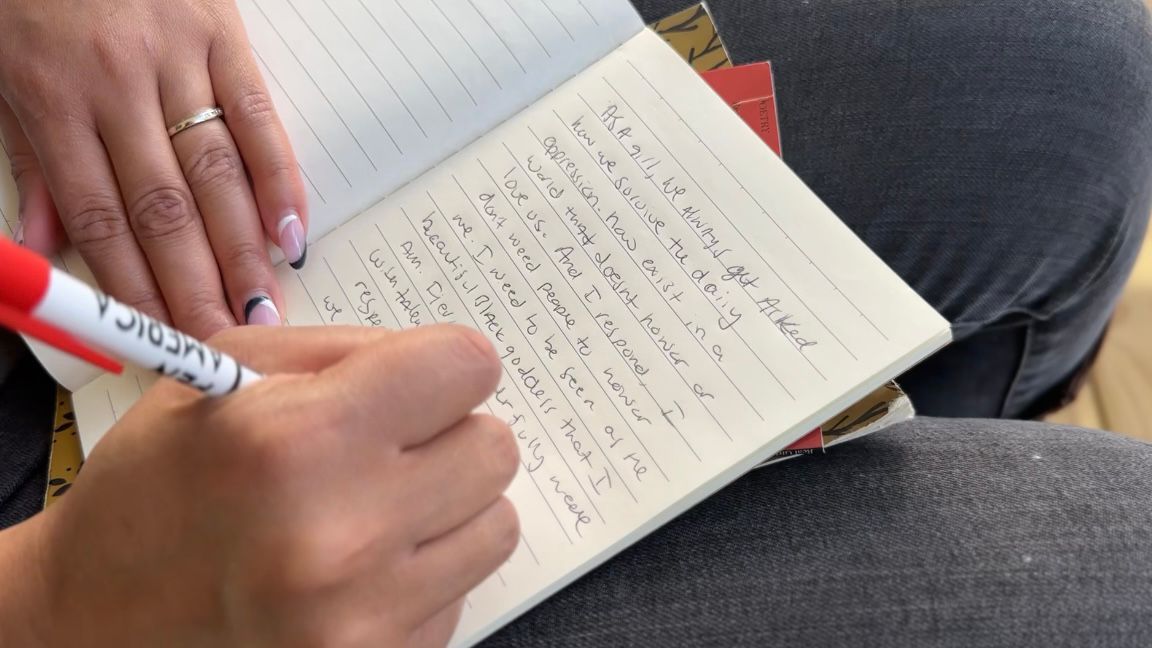DURHAM, N.C. — A first-of-its-kind conference took place over the weekend in the Bull City, welcoming hundreds of Black writers and authors from the South.
What You Need To Know
- The inaugural Griot and Grey Owl Southern Black Writers Conference happened this weekend in downtown Durham
- It featured readings, workshops, book signings and poetry slam competitions
- The three-day conference brought together Black authors, some of whom said they feel marginalized

The three-day Griot and Grey Owl Southern Black Writers Conference aimed to bring together Black writers who may feel on the outside of literary society.
Khalisa Rae and her husband, the founders of the conference, said they started it after moving to Durham and not finding a dedicated space for writers like themselves.
“We’re carrying on a legacy of what some other groups of our ancestors wanted to see, but it still pains those of us that are in this generation, it pains us that when we arrived in the city, there was no designated space that celebrated Black authors of color from the South,” Rae said.
This year they had 150 registered attendees coming from all over the Southeast, and as far as California, to take place in the workshops and events. The public was welcome to join certain events at the conference.
Rae said they’ve been dreaming of hosting this conference since 2021 and do plan to make it an annual event in hopes of seeing it grow in the future.

“I hope that it breaks barriers for people that don’t have access,” Rae said. “I’m hoping really that it gives people a second home in a way that, like, I haven’t really had. That second home that I needed when I go to academic or literary traditional spaces.”
To find books written by Black authors, she recommends checking out your local bookstore or public library, although you might have to ask for direction.
“There’s the lack of access to knowledge, then there’s the lack of quantity and volume, there is the lack of intentionality on the curators, and so I think there’s a mixture of where we all could do a little better,” Rae said.



